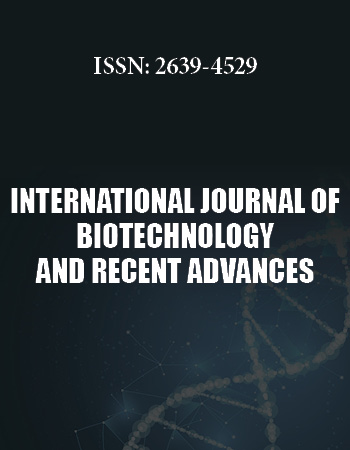European Microbiology Research Conference
December 3-4, 2018 Valencia, Spain
Cpp-Peptidoglycan-Degrading Fusion Proteins Targeting Intracellular Bacterial Pathogens
University of Munster, Germany
In the last decades the increasing rate of multidrug-resistance to classical antibiotics has driven research towards identification of other means to fight bacterial infections. Increasing evidence infers that bacteria being internalized into epithelial cells are responsible for a high incidence of recurrent infections.
Our previous studies showed that cell-penetrating peptides (CPP) could mediate the internalization of antimicrobial compounds into the cytoplasm of host cells followed by the efficient killing of intracellular pathogens. Here, we investigated whether virulence factors, such as bacteria-derived peptidoglycan-degrading proteins, fused to a virus-derived CPP can be used against intracellular pathogenic bacteria generating novel potential therapeutic tools to treat recurrent infectious diseases. Furthermore, these antimicrobial compounds are not inhibited by traditional antibiotic resistance mechanisms.
Fusion proteins of recombinant variants of selected peptidoglycanases with CPP have been generated. The antimicrobial activity of these recombinant proteins was assessed by several bioassays such as turbidity assay, membrane impairment assay, spot assay, and MIC assay against various Gram-positive pathogens including methicillin resistant S. aureus (MRSA) and also Gram-negative pathogens.
Our results confirm and underline the potential of CPP to deliver antimicrobial agents. However, peptidoglycan-degrading enzymes turned out to be species specific and when over expressed can be quite toxic to the host bacteria. Taken together, fusions of CPP with peptidoglycan-degrading proteins or homologues to lysozyme, which maintain the high enzymatic activity, may represent novel, innovative antimicrobials.
Keywords: Antimicrobial compounds; cell-penetrating peptides; peptidoglycan-degrading proteins, intracellular pathogens.


